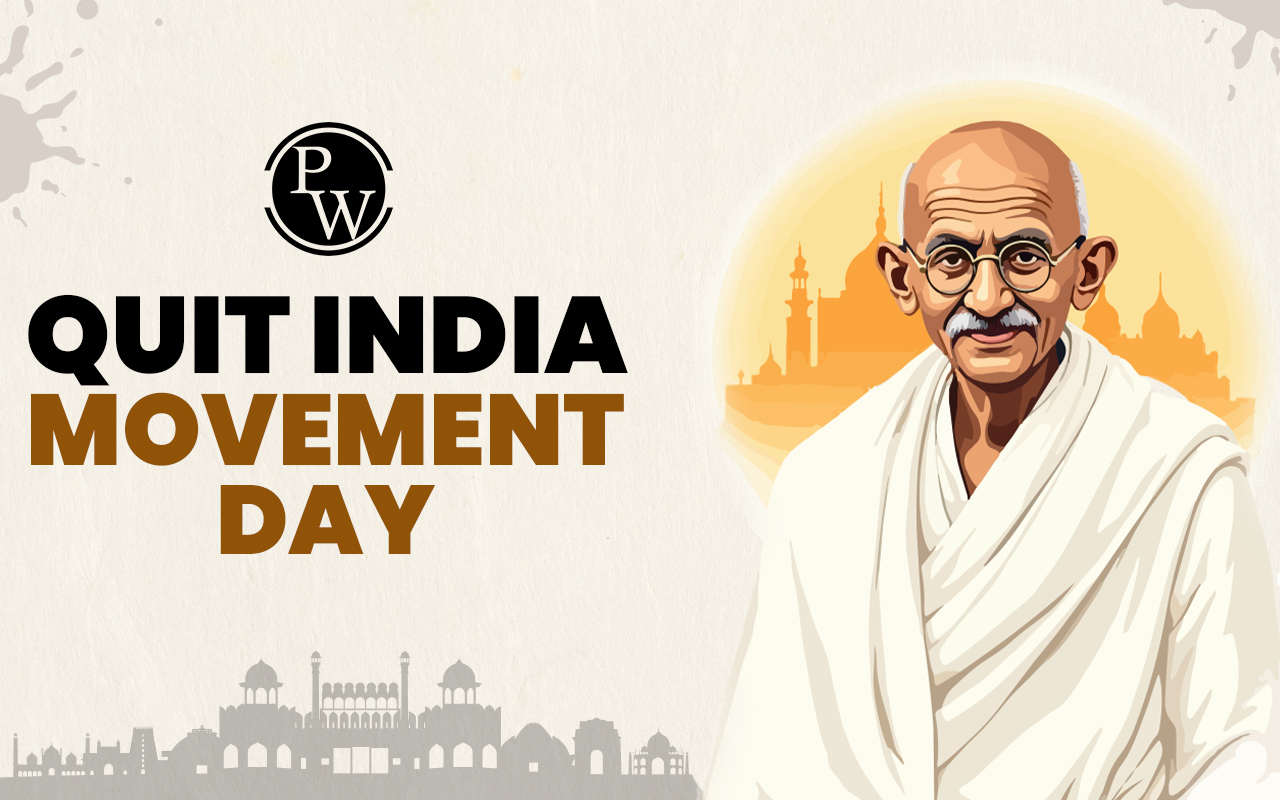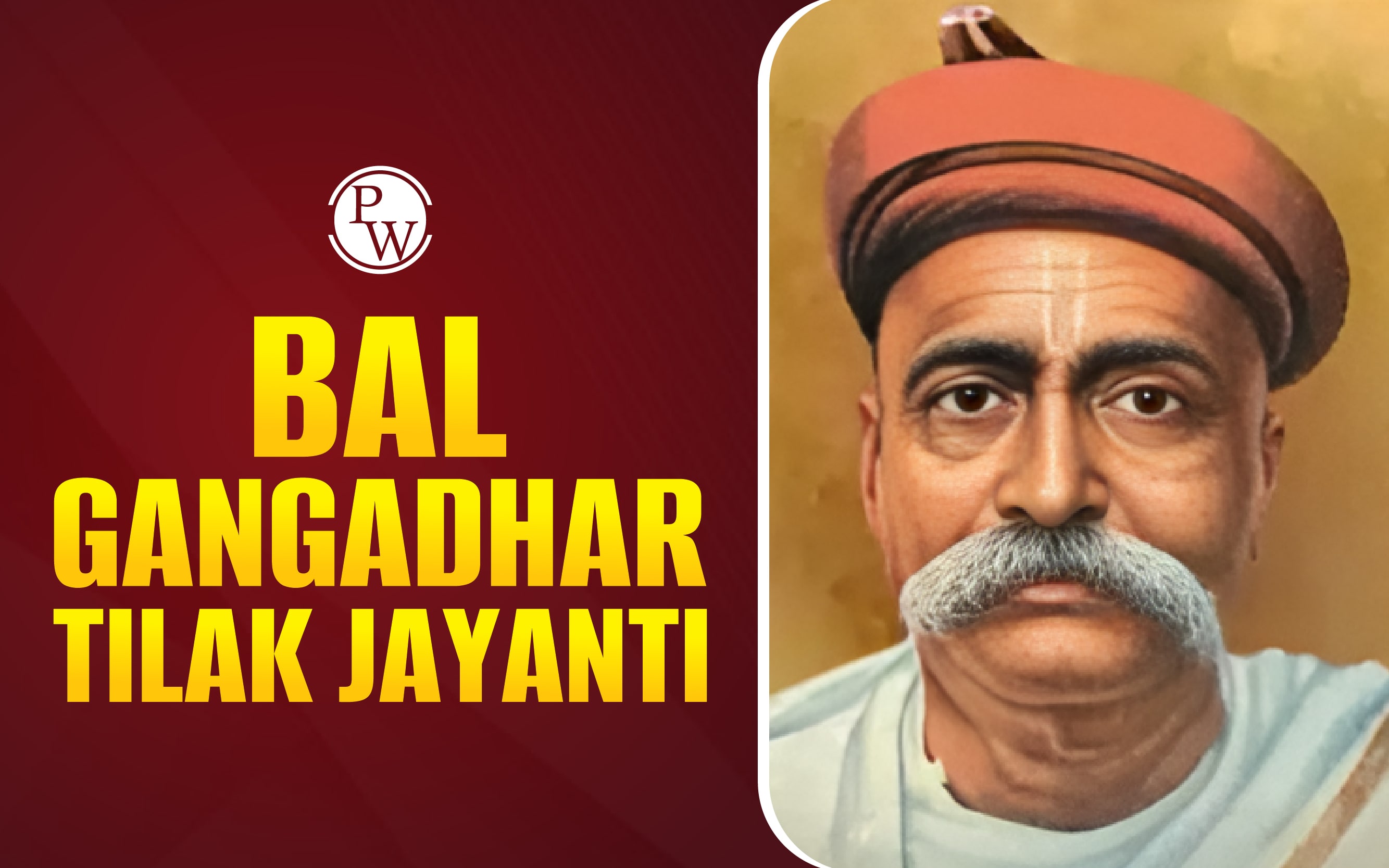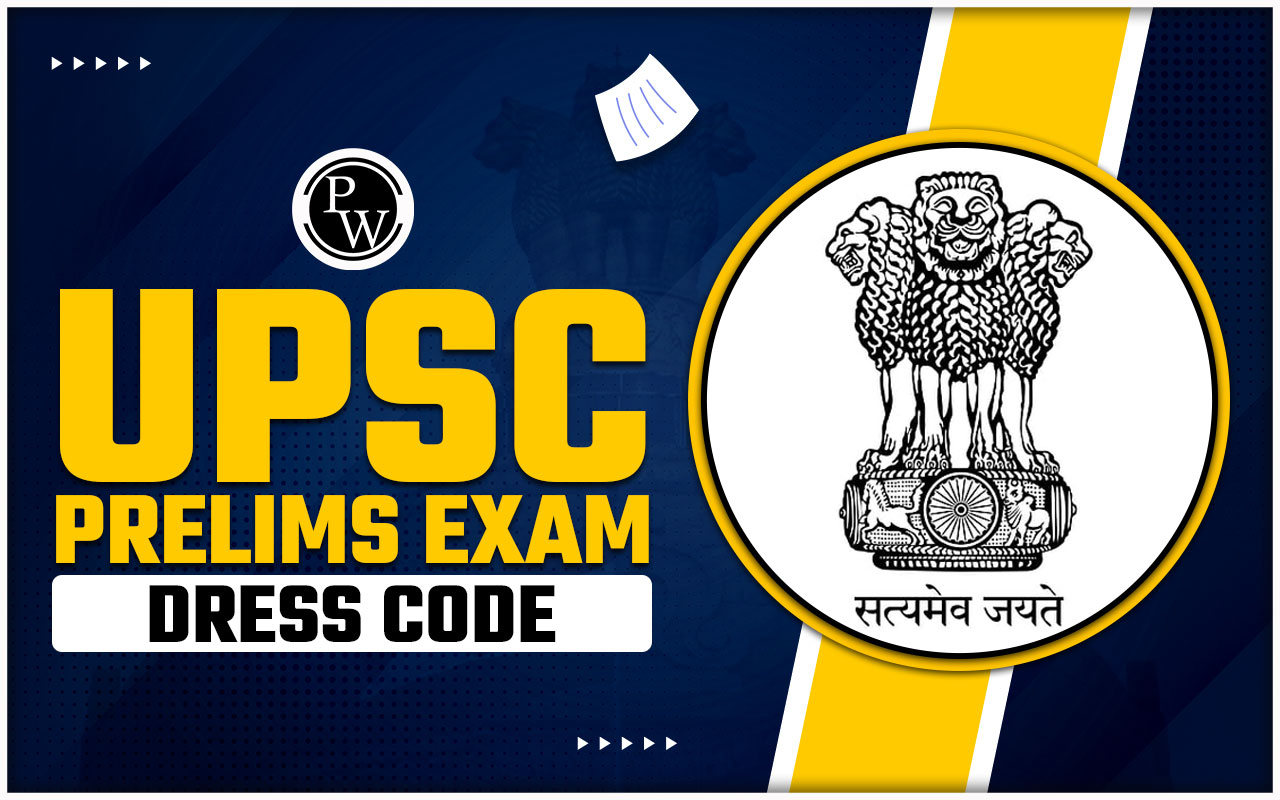

The Berubari Case, officially known as ‘In Re: The Berubari Union And Exchange Of ... vs Unknown’, is one of the most important cases in Indian constitutional history. It played a key role in shaping how we understand the Preamble of India. This case raised major questions about the power of Parliament and the transfer of Indian land to a foreign country. The Supreme Court’s ruling in the Berubari Case laid the foundation for later judgments and interpretations.
Berubari Union Case
The Berubari Union Case of 1960 is also known as the In Re: Berubari Union Case. It was referred to the Supreme Court by President Rajendra Prasad under Article 143(1) of the Constitution. The case focused on the issue of transferring part of Indian territory, Berubari Union (in West Bengal), to East Pakistan (now Bangladesh) under the 1958 Nehru-Noon Agreement.
This raised key constitutional questions. Can India give away its territory through an agreement alone? Or does it need a constitutional amendment? The Berubari Case became famous for answering these questions. The Berubari Case also made the judiciary clarify the legal value of the Preamble of India.
Earlier, there was confusion about whether the Preamble was a part of the Constitution or just an introduction. The court’s opinion helped solve this confusion for the time.
Background of the Berubari Case
To understand the Berubari Case, we must go back to 1947. After independence, India and Pakistan agreed on the division of British India. The Radcliffe Line became the official border between the two nations. However, some border areas were disputed, especially in Bengal.
-
In the Jalpaiguri district of West Bengal, a region called Berubari Union No. 12 was included in India's map but not clearly mentioned in the written award of the Radcliffe Commission.
-
This ambiguity led to a territorial dispute between India and Pakistan. Pakistan claimed that Berubari should be part of its territory.
-
To resolve the dispute, Jawaharlal Nehru (India) and Feroz Khan Noon (Pakistan) signed an agreement called the Nehru-Noon Agreement to divide Berubari Union.
-
According to this agreement, part of Berubari was to be transferred to Pakistan.
-
The State of West Bengal opposed the move, as it involved a loss of Indian territory without public or parliamentary consent.
-
The matter was then referred to the Supreme Court by the President to give its opinion under Article 143. This gave rise to the historic Berubari Case.
Berubari Case Judgement
The Berubari Case judgement came in 1960. A seven-judge bench of the Supreme Court gave a unanimous opinion. The court clearly said that:
-
Parliament can change internal state boundaries and names using a simple majority. However, Article 3 does NOT empower Parliament to cede Indian territory to a foreign state.
-
To give away Indian territory (as in Berubari’s case), a constitutional amendment under Article 368 (requiring a special majority) is mandatory. An agreement like the Nehru-Noon Agreement was not enough.
Based on this judgement, Parliament passed the 9th Amendment in 1960 to allow the transfer of Berubari to Pakistan legally.
Berubari Case Relevance to Preamble
The Berubari Case also discussed the status of the Preamble of the Constitution, and the Supreme Court held that the Preamble is not a part of the Constitution. It is a key to understanding the intentions of the Constitution makers and acts as a guiding light in interpretation.
So, in the Berubari Case, the court gave two important conclusions: First, it limited the powers of the Executive. Second, it clarified that the Preamble of India is not a source of power but only a guide. Later, in the Kesavananda Bharati Case (1973), the Supreme Court reversed its stand and held that the Preamble of India is indeed a part of the Constitution.
Berubari Case Impact
The Berubari Case had a major impact on Indian law and politics. It changed the way India handled territorial issues and constitutional interpretation. Here are the main effects of the Berubari Case:
-
Constitutional Amendment Needed: The case made it clear that giving land to another country needs a constitutional amendment. This added a layer of parliamentary control over such decisions.
-
Parliament's Role Strengthened: The judgement ensured that such major decisions could not be taken by the Executive alone. Parliament’s approval became essential.
-
Preamble’s Status Questioned: The court declared that the Preamble of India was not part of the Constitution. This was a serious interpretation and shaped debates for years.
-
Set a Legal Precedent: The Berubari Case judgement became a benchmark for future cases involving the Preamble and land transfer.
-
Future Amendments: India-Bangladesh Land Boundary Agreement (2015) used this precedent of the Berubari Union case judgment. The 100th Constitutional Amendment Act enabled the transfer of 111 enclaves to Bangladesh and 51 enclaves to India.
Even today, the Berubari Case remains relevant for understanding the Preamble of India and constitutional powers.
Other Cases Related to Preamble of India
The Preamble of India has been discussed in many other landmark cases. These cases were built on the ideas laid down in the Berubari Case and refined them further.
-
Kesavananda Bharati Case (1973): This case overruled the Berubari view. It held that the Preamble is a part of the Constitution. It also introduced the Basic Structure Doctrine.
-
Indira Nehru Gandhi v. Raj Narain (1975): The Court used the Preamble of India to highlight democratic values as part of the basic structure.
-
SR Bommai Case (1994): The Supreme Court said the Preamble of India reflects the basic features of the Constitution. It helped in defining secularism, federalism, and democracy.
-
LIC of India Case (1995): The court once again confirmed that the Preamble is a part of the Constitution and can be used to understand its objectives.
In conclusion, the Berubari Case clarified the process of land transfer and started a long debate on the legal role of the Preamble of India. Though later cases changed some of its views, the Berubari Case judgement remains a strong example of constitutional discipline.
Explore the PW’s UPSC Courses to get insight into such important topics for your preparation!
Berubari Case FAQs
What is the Berubari case of 1960?
Which year is related to the Berubari case?
How is the Berubari case related to the preamble?
Why is the Berubari Case important?
What amendment was made after the Berubari Case?

UPSC Coaching










